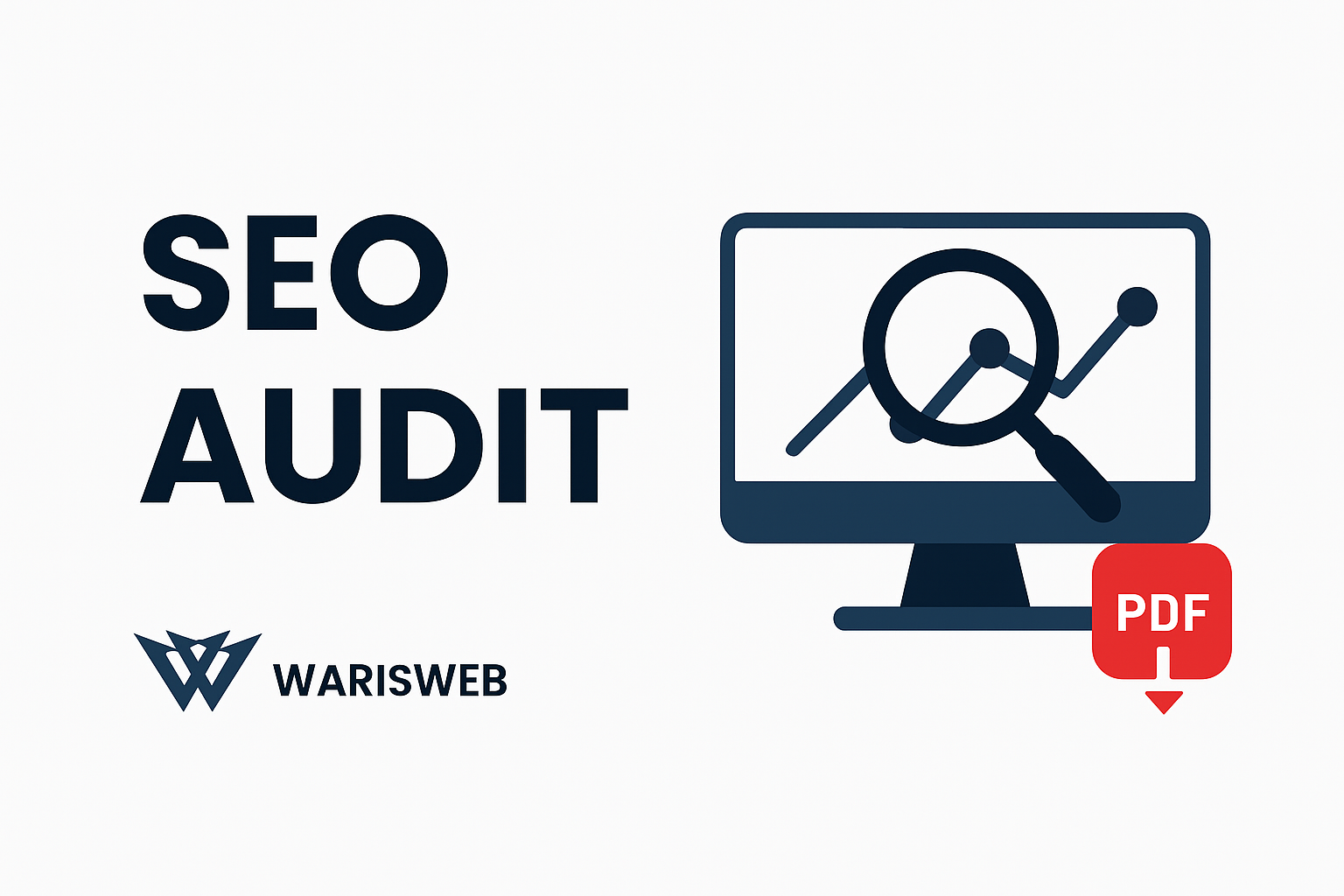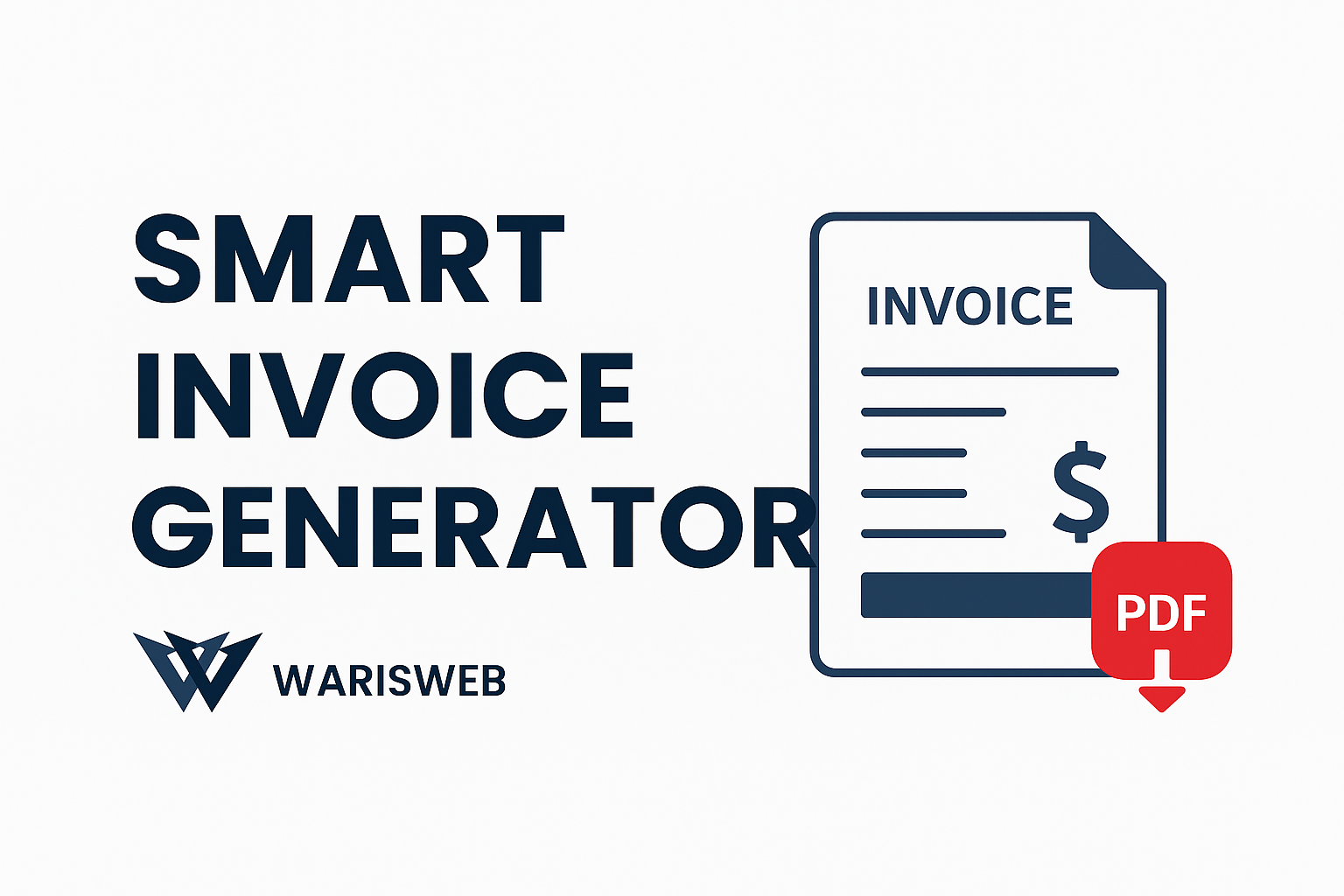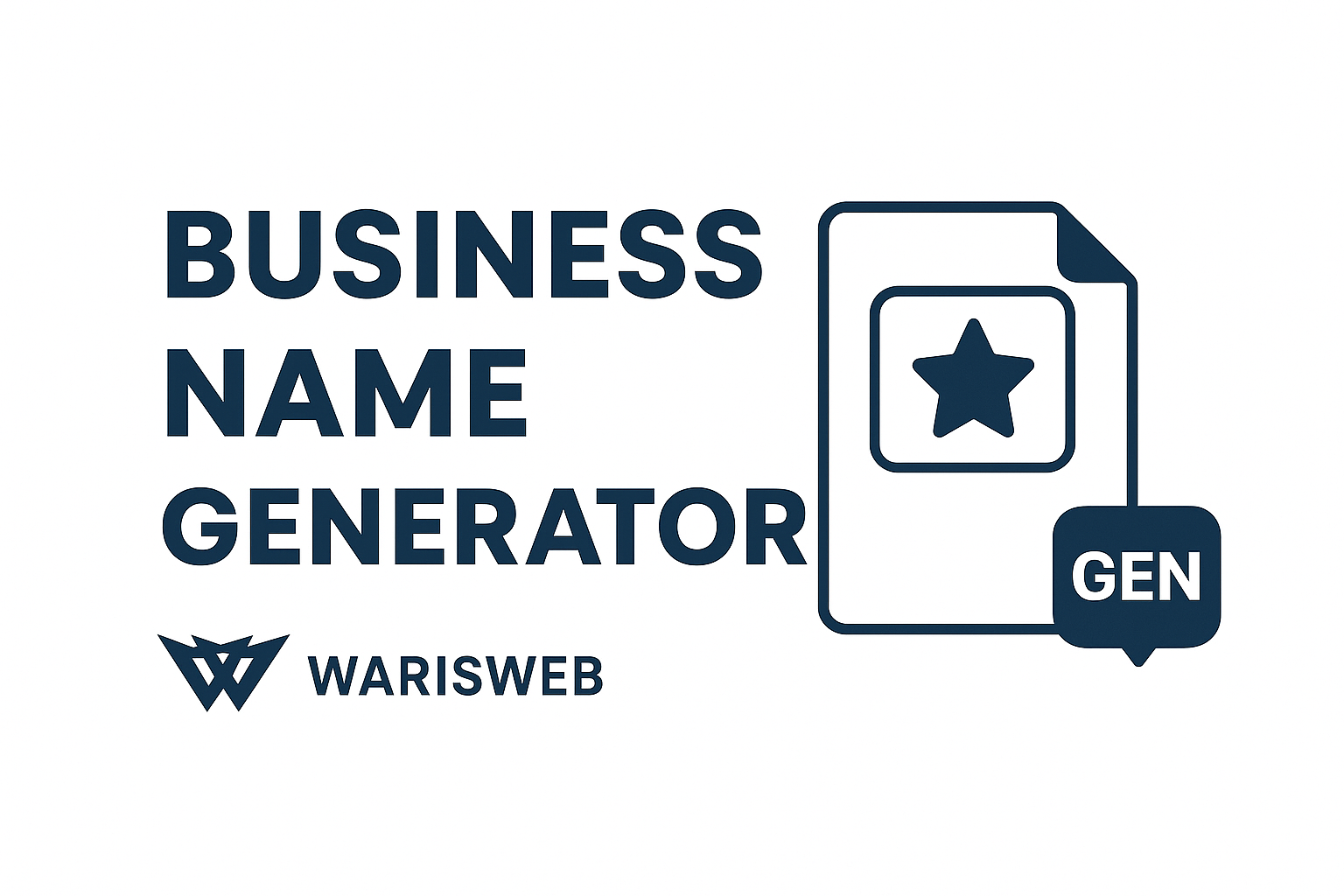How AI Can Automate Customer Support for Small Businesses – 2025
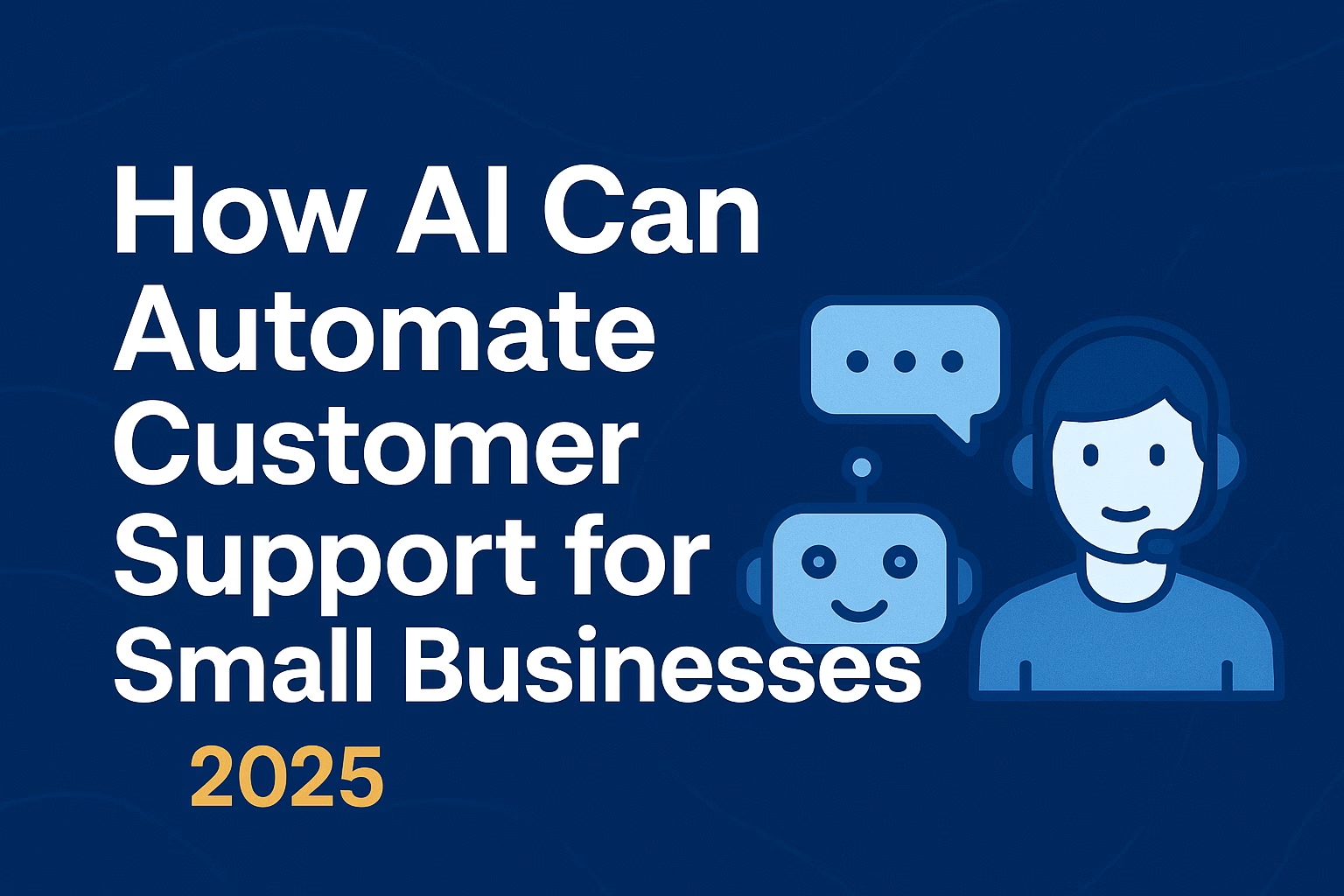
Picture this: It’s 2 AM, and a potential customer in a different time zone has a burning question about your product. In the past, they’d have to wait until your business hours for an answer—possibly losing interest and moving to a competitor. But in 2025, this scenario is becoming increasingly rare, thanks to AI-powered customer support automation.
Let’s be honest—customer expectations aren’t just high anymore; they’re sky-high. People want instant responses, personalized experiences, and solutions that work seamlessly across every platform they use. For small business owners juggling a dozen responsibilities daily, meeting these demands while managing costs can feel overwhelming.
Here’s the good news: AI isn’t just for tech giants anymore. The customer support automation tools available today are more accessible, affordable, and powerful than ever before. From chatbots that actually understand context to email systems that craft personalized responses, AI is leveling the playing field for small businesses willing to embrace it.
Why Automating Customer Support with AI Matters in 2025
The numbers don’t lie—and they’re pretty compelling. According to recent industry research, 95% of interactions are expected to be AI-powered by 2025, which means businesses not adapting risk being left in the digital dust.
But beyond the industry trends, there are real, tangible benefits that directly impact your bottom line:
Round-the-Clock Availability Without the Payroll Burden Your customers don’t work 9-to-5 schedules, so why should your support system? AI automation ensures someone (or rather, something) is always available to help. This isn’t just convenient—it’s becoming expected. When your competitors offer 24/7 support through AI and you don’t, guess where customers will go?
Speed That Actually Matters to Your Business Service professionals utilizing generative AI have saved over 2 hours daily by enabling quick responses, according to recent studies. That’s two hours your team can spend on high-value activities like building relationships with key customers or developing new products instead of answering the same FAQ for the hundredth time.
Budget-Friendly Growth Solutions Here’s where it gets really interesting for small businesses. Traditional customer support scaling meant hiring more people, providing more training, and managing larger teams. AI automation flips this model. You can handle significantly more customer interactions without proportionally increasing your costs. AI has the potential to enhance business efficiency by 40% and reduce overall operational costs by 30%, according to McKinsey research.
Ways AI can Automate Customer Support for Small Businesses
1. AI Chatbots for Instant Responses
Gone are the days of clunky chatbots that responded with robotic, unhelpful answers. Today’s AI chatbots are surprisingly sophisticated conversationalists. They understand context, remember previous interactions, and can handle complex multi-step processes.
Tools like Intercom, Drift, and Tidio have revolutionized what’s possible with chatbot technology. These platforms can instantly handle your most common customer questions—product availability, shipping information, return policies, troubleshooting steps—freeing up your human team for the conversations that really need a personal touch.
The real magic happens when these bots learn from every interaction. They get smarter about your business, your customers’ language patterns, and even the subtle nuances of your brand voice over time.
2. AI-Powered Email Responses
Email might seem old-school, but it remains a critical support channel for most businesses. Smart email automation tools like Zoho Desk and Freshdesk can now analyze incoming emails, understand the customer’s intent, and either provide automated responses or route the message to the right human agent with relevant context.
What’s particularly impressive is how these systems handle the repetitive stuff—order confirmations, shipping updates, password resets—while flagging complex issues for human review. It’s like having a really efficient personal assistant who never takes sick days.
3. AI Voice Assistants for Phone Support
Phone support is getting an AI makeover too. Modern voice assistants can handle initial customer interactions, verify account information, and guide customers through common troubleshooting steps before connecting them with a human agent. In 2025, an AI agent can converse with a customer and plan the actions it will take afterward—for example, processing a payment, checking for fraud, and completing a shipping action.
This isn’t about replacing human connection—it’s about making that connection more valuable when it happens. Customers reach human agents with verified information and clear context, making conversations more productive for everyone involved.
4. Sentiment Analysis for Better Customer Experience
Here’s where AI gets really smart about emotions. Advanced sentiment analysis tools can read between the lines of customer messages, identifying frustration, urgency, or satisfaction levels. This means angry customers get prioritized attention, while happy customers might receive upsell suggestions.
It’s like giving your support team emotional intelligence superpowers. They know a customer’s mood before they even pick up the phone or start typing a response.
5. Self-Service Portals Powered by AI
The best customer support interaction is often the one that doesn’t require human intervention at all. AI-powered self-service portals can suggest relevant help articles, guide customers through step-by-step solutions, and even predict what information someone might need based on their account history or current situation.
These systems learn from successful self-service interactions, becoming more effective at helping customers help themselves over time.
Best AI Tools for Automate Customer Support (2025)
After researching current market leaders and testing various platforms, here are the standout tools that actually deliver value for small businesses:
Intercom – The Comprehensive Solution Intercom combines AI chatbots with sophisticated automation workflows. It’s particularly strong for businesses that need to blend customer support with marketing and sales activities. The AI can seamlessly transition conversations from support questions to sales opportunities.
Freshdesk – The Balanced Approach Freshdesk offers robust AI email responses and ticket management without overwhelming complexity. Freddy AI Copilot add-on costs $29/agent/month (billed annually), while Freddy AI Agent add-on costs $100/1000 sessions, making it reasonably priced for growing businesses.
Tidio – The Budget-Friendly Champion Tidio (with its conversational AI, Lyro), Zendesk, Intercom, Freshdesk, and Zoho Desk are among the top providers as of 2025. Tidio particularly shines for small businesses looking to get started with AI without breaking the bank. Their pricing model is transparent and scales reasonably.
Zoho Desk – The Integration Expert If you’re already using other Zoho products, their AI assistant integrates beautifully across the entire ecosystem. It’s particularly effective for businesses that want their customer support data to connect with their sales and marketing efforts.
Drift – The Conversational Specialist Drift excels at blending lead generation with customer support. Their AI is particularly sophisticated at understanding when a conversation should shift from support to sales, making it ideal for businesses where customer support interactions often lead to additional sales opportunities.
Benefits of AI Customer Support Automation
Let’s talk about what this actually means for your business day-to-day:
True 24/7 Availability Your business never closes in the digital world. Customers can get answers, resolve issues, and even make purchases at any hour. This isn’t just convenient—it’s competitive advantage.
Consistently Faster Resolution Times No more waiting for the right team member to return from lunch or finish with another customer. AI handles multiple conversations simultaneously without quality degradation.
Predictable, Scalable Costs Traditional support costs increase linearly with volume. AI automation changes this equation dramatically. You can handle seasonal spikes or business growth without proportional staffing increases.
Data-Driven Improvement Every AI interaction generates insights about customer needs, pain points, and preferences. This data helps you improve products, services, and support processes based on actual customer behavior rather than assumptions.
How to Implement AI Customer Support in Your Small Business
Here’s a practical roadmap that won’t overwhelm your team or budget:
Start with Your FAQ Foundation Begin by identifying your most common customer questions. These repetitive queries are perfect candidates for AI automation. Most businesses find that 20-30 questions represent 70-80% of their support volume.
Choose One Channel First Don’t try to implement AI everywhere at once. Start with your highest-volume support channel—often website chat or email—and perfect the AI experience there before expanding.
Integrate with Your Existing Helpdesk Use AI-powered helpdesk solutions that can learn from your existing customer data. This gives the AI context about your business, products, and customer history from day one.
Monitor and Optimize Continuously AI systems improve through feedback and iteration. Regularly review conversations, identify areas where the AI struggled, and adjust accordingly. Most platforms make this surprisingly easy with built-in analytics.
Train Your Team for the Transition Your human agents’ roles will evolve, not disappear. They’ll handle more complex issues while AI manages routine questions. Ensure your team understands this shift and feels prepared for their enhanced responsibilities.
The Reality Check: What AI Can and Can’t Do
Let’s be brutally honest about current AI limitations. Despite impressive capabilities, AI still struggles with highly emotional situations, complex problem-solving that requires genuine creativity, and nuanced customer relationships that span months or years.
The sweet spot for AI in 2025 is handling routine tasks exceptionally well while seamlessly handing off complex issues to humans with full context. Think of AI as your most reliable team member who never gets tired, never has a bad day, but definitely has specific areas of expertise.
Looking Forward: The Competitive Reality
66% of CEOs report measurable business benefits from generative AI initiatives, particularly in enhancing operational efficiency and customer satisfaction. This isn’t future technology anymore—it’s present-day competitive advantage.
Businesses are leveraging AI to transform contact centers from reactive support hubs into proactive, predictive engines that enhance customer experiences and streamline operations. Companies using AI don’t just respond to customer needs—they anticipate them.
The question isn’t whether AI will change customer support—it already has. The question is whether your business will adapt quickly enough to benefit from these changes or slowly enough to be left behind.
AI customer support automation isn’t about replacing human connection; it’s about making that connection more valuable when it happens. It’s about ensuring every customer interaction—whether handled by AI or humans—is informed, efficient, and genuinely helpful.
For small businesses in 2025, AI isn’t a luxury or a nice-to-have feature. It’s becoming table stakes for competing effectively in markets where customer expectations continue to rise while budgets remain constrained.
The good news? The tools are more accessible than ever, the implementation is more straightforward than you might expect, and the benefits start showing up quickly. The best time to start was last year. The second-best time is right now.
Frequently Asked Questions?(FAQ's)
Not at all—many AI chatbot tools start under $20/month and offer free plans. The cost savings from reduced response times and improved efficiency typically offset the subscription costs within the first few months.
No, but it can handle 70-80% of repetitive queries, freeing up agents for complex issues that require empathy, creativity, and nuanced problem-solving. The goal is augmentation, not replacement.
Tidio and Freshdesk are great options for budget-friendly automation in 2025. The best choice depends on your specific needs, existing systems, and budget constraints.
Yes, most modern AI bots support multiple languages for global customers. This feature is particularly valuable for small businesses looking to expand internationally without hiring multilingual support staff.
Share This Post:
Previous Articles:

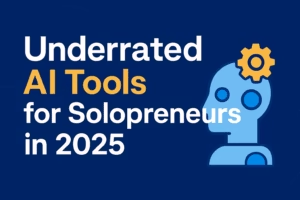
Underrated AI Tools for Solopreneurs in 2025: Boost Productivity & Profits

![Best Online Coding Courses for Beginners [Free & Paid] – 2025](https://warisweb.com/wp-content/uploads/2025/08/ChatGPT-Image-Aug-28-2025-07_58_12-PM-300x200.png)

